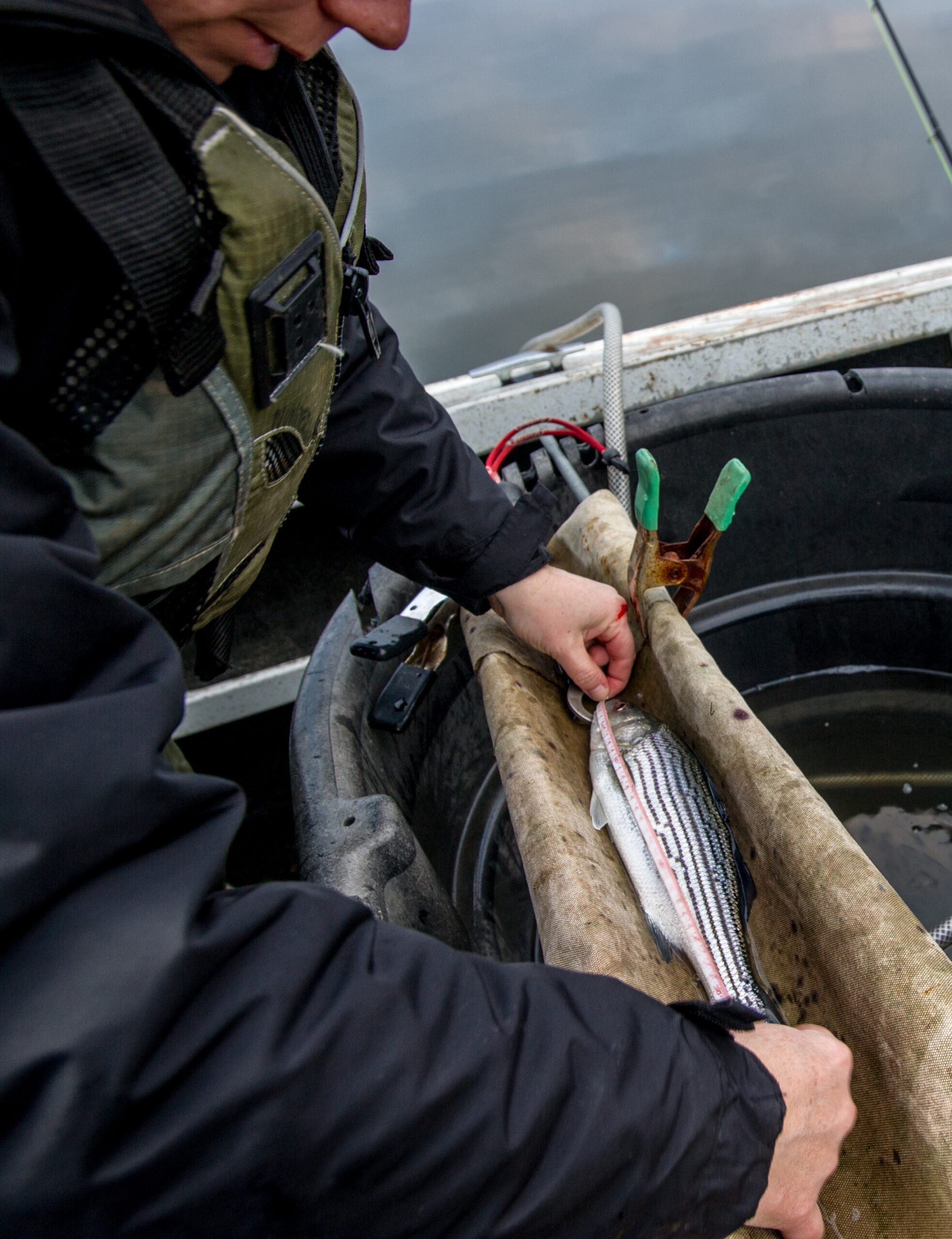What is Coeqwal?
A new resource empowering all Californians to envision a more equitable solution to California’s diverse water needs.
Collaborative research that advances science to explore new possibilities for water management.
Accessible, online tools to help understand how California can support critical water needs in a changing climate.
A network of diverse water users collaborating to explore more equitable water allocation balance.
An independent, publicly funded research project.
NEWS
The 2025 UC Water Academy course will start on January 21st. Learn more.
Read our 2024 Project Brief: The Future of California Water.
Maven’s Notebook reports on COEQWAL.
Why do we need coeqwal?
Diverse Demands, Inequitable Access
California has one of the largest systems in the world for moving water where and when we need it. Agriculture, towns and cities, and the environment all depend on California water, but some water users have more reliable access to water than others. How can California equitably allocate water to those who need it? COEQWAL will explore more equitable ways of managing our interconnected water system.
Many voices have been historically excluded from decision making about who gets water, where and when. Water policymakers have access to computer modeling tools that represent how water is allocated in California. These tools can be used to explore different water management scenarios, including those that more equitably distribute water. But until now, these tools have been largely inaccessible to most water users; COEQWAL is working to change that. Through a public website, COEQWAL will empower all Californians with the same tools and information used by water policymakers. Using a collaborative modeling approach, COEQWAL will develop water management scenarios reflecting the values and priorities of diverse community members, and work to ensure that these results are meaningful to the broadest possible audience.
Everyone Needs a Voice
Climate Change Creates Further Challenges
COEQWAL is needed now more than ever before as climate change brings more extreme weather to California. We often get less water than we need or more water than we can manage. Rising sea levels push salt water further inland. Ecosystems, already in decline, face increasing stress. How can we adapt? COEQWAL will evaluate how California’s water system will respond to climate change and identify pathways to a more sustainable, equitable, and resilient water future.
“So much water is moved around California by so many different agencies that maybe only the movers themselves know on any given day whose water is where.”
Joan Didion, The White Album (1979)
How will COEQWAL change water planning?

Participation and Collaboration
Through collaboratively developing accessible data, models and tools with diverse partners, COEQWAL is working to broaden participation in water planning. Equitably balancing California water allocation is a broad challenge with many factors. But it begins with equal access to envisioning what is possible. COEQWAL is building partnerships to enable that access.
Collaborating with a wide array of water users and underrepresented voices, COEQWAL is developing tools to explore new solutions that more equitably meet diverse needs. We are committed to sharing data and making tools accessible. In these efforts, we aim to empower all Californians to influence decisions over how water is managed.

Exploring New Solutions
In the first phase of our project, COEQWAL is exploring water management scenarios that improve access to safe drinking water for communities dependent on surface water. We are also developing scenarios that support Chinook salmon recovery and guide management of salinity in the Delta.
Sharing Data and Tools
COEQWAL is developing an easy-to-use website to make information accessible to all. Users will be able to explore many different options for water allocation, see where and when water is delivered for each scenario, and explore how equitable each scenario is for people, the economy, and the environment, now and under future climates.


Educating Future Water Leaders
COEQWAL offers the UC Water Academy course to students across all University of California campus. The class focuses on California’s water systems, policy, and management. Students learn about the rivers, infrastructure, and people that move water throughout our state. They explore the challenges and vulnerabilities of the communities who depend on California’s water. They seek solutions that address needs for equitable access and climate adaptation.

Learn about California Water!
Videos created by students from the 2024 UC Water Academy highlight issues of California water rights, drinking water access, climate change, agriculture, and climate justice.
Who Is Coeqwal?
COEQWAL is led by researchers from six University of California campuses and California State University Sacramento, working in partnership with state and federal government agencies, Native American tribes, community groups, water districts, and NGOs. The team includes includes engineers, economists, ecologists, landscape architects, planners, social scientists, climate scientists, and data scientists.
Our Timeline
COEQWAL launched in the winter of 2023. Our public website with accessible water planning tools will be released by the end of 2025. Stay tuned for project updates here.
